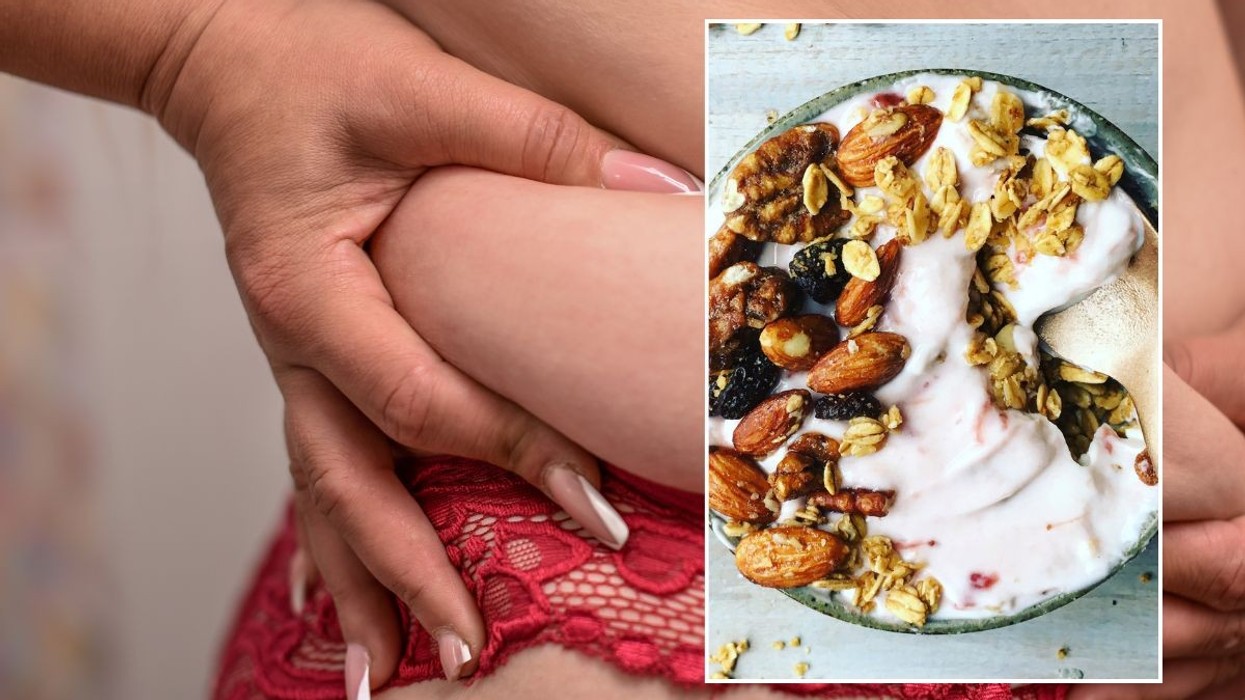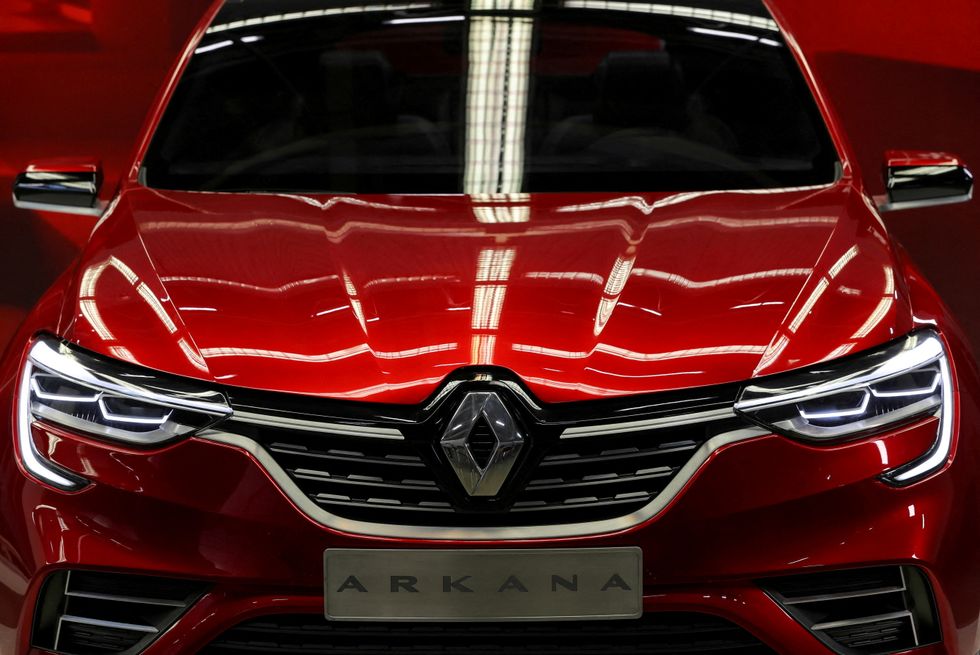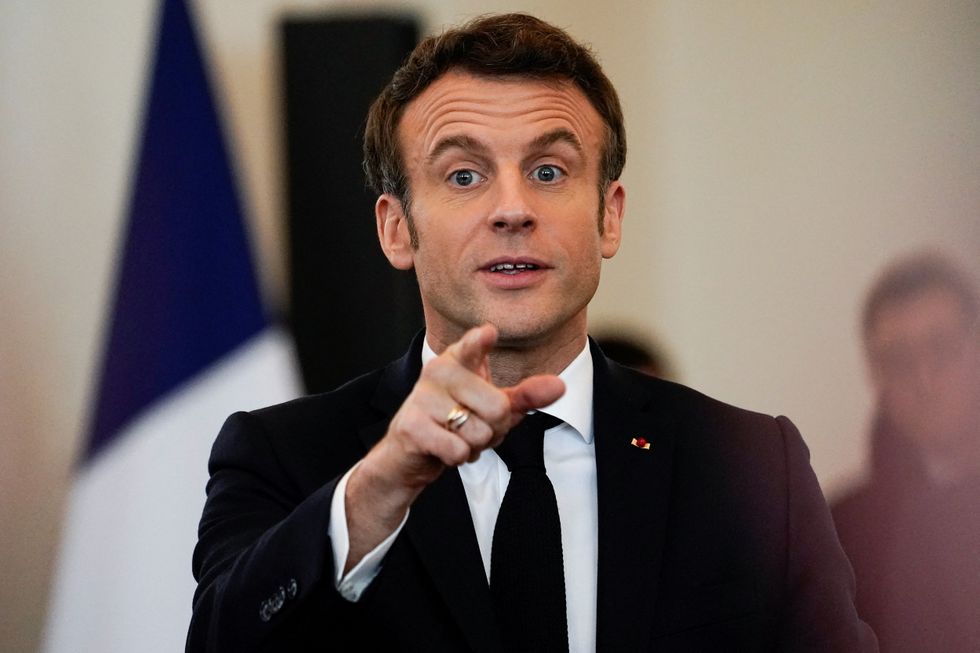Don't Miss
Most Read
Trending on GB News
French carmaker Renault has resumed production at its Moscow plant on Monday.
Renault suspended operations at its car assembly plant in Moscow in late February, saying at the time it was due to a "forced change in existing logistic routes", caused by Russia's invasion of Ukraine.
"The situation with components supply is unstable and changing, we prefer not to make any predictions," added a spokesperson for Renault Moscow.
Two sources close to the matter told Reuters that the board of Renault studied different options some 10 days ago, but decided for the time being to change nothing and keep its presence intact in Russia, in compliance with international sanctions and with the backing of its main shareholder, the French state.
Renault Arkana mid-size crossover is seen in a show room at Renault factory in Moscow
EVGENIA NOVOZHENINA
French President Emmanuel Macron, candidate for his re-election in the 2022 French presidential election, speaks during a campaign meeting with local residents in Pau, France, March 18, 2022. REUTERS/Vincent West
VINCENT WEST
Car manufacturers have suffered world wide shortages of semiconductor chips that are used in a number of systems within motor vehicles.
Sanctions imposed by Western nations also include bans on the export of semiconductors, likely leading to Russian factories falling even further back in the queue for the previous chips.
Food giant Nestle has said it will continue to sell “essential” products, including Nesquik and Cheerios breakfast cereals, in Russia but stressed it is not making a profit from these operations.
This follows news that the owner of Burger King has said the operator of its 800 stores in Russia has “refused” to close them.
The president of Restaurant Brands International (RBI), which owns Burger King and has operated its restaurants in Russia for a decade in a joint venture which includes Alexander Kolobov, said the company was attempting to withdraw from the Russian market following the invasion of Ukraine.












